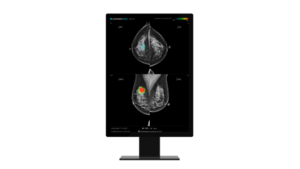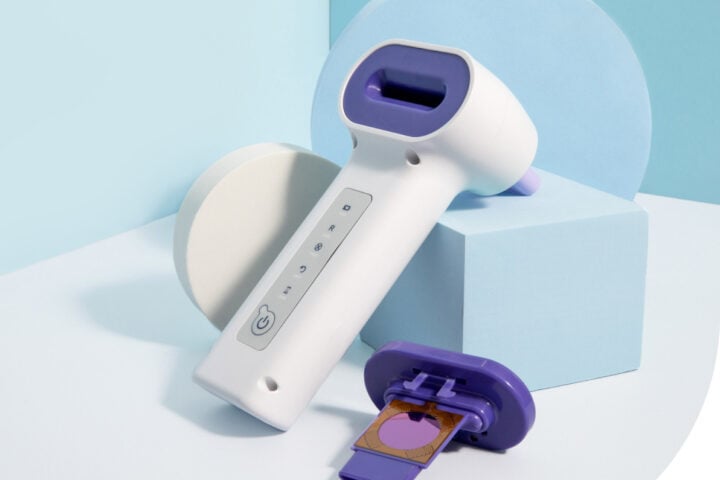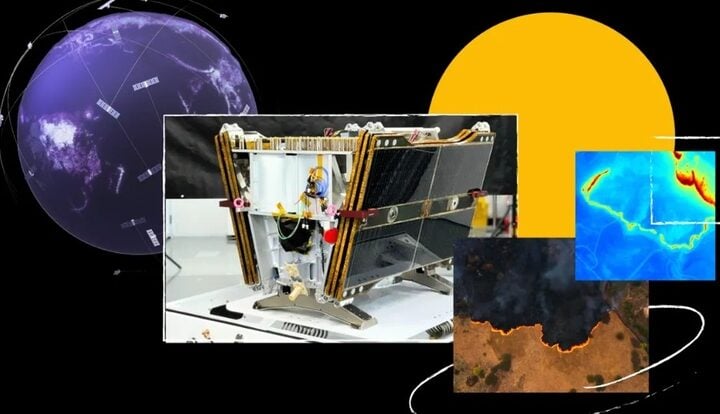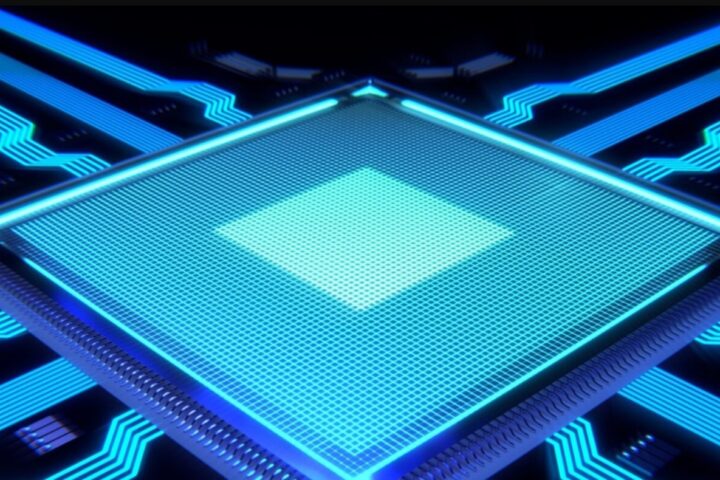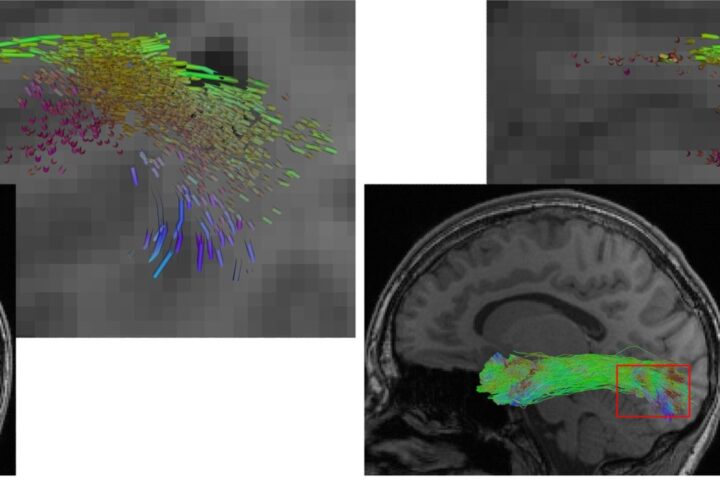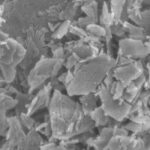In the ever-evolving field of health technology, a breakthrough advancement like Lunit INSIGHT MMG deserves a spotlight. This AI-powered tool is redefining the landscape of breast cancer detection, offering a new dimension of precision and efficiency in mammography analysis.
Lunit INSIGHT MMG: A Technical Overview
At its core, Lunit INSIGHT MMG is an AI-driven solution meticulously designed to detect lesions suspicious of breast cancer in mammograms. Its algorithm’s accuracy mirrors that of seasoned radiologists, marking a significant leap in cancer diagnostics. What’s particularly striking is its ability to automate and quantify breast density assessment—a crucial factor in breast cancer screening. This feature aligns with the European Society of Breast Imaging’s recommendations, advocating for patients to be informed about their breast density.
Enhancing Diagnostic Precision
In terms of diagnostic aid, especially for dense breast tissue, Lunit INSIGHT MMG has shown an impressive improvement in accuracy. Studies published in renowned medical journals like JAMA Oncology and THE LANCET Digital Health reveal an increase of 12% in cancer diagnosis accuracy in dense breast cases and a 5% improvement in fatty breast cancer diagnosis when the AI assists in reading mammograms.
Improving Workflow Efficiency
Another noteworthy aspect is its contribution to workflow efficiency. A study in THE LANCET Digital Health suggests that using Lunit INSIGHT MMG could triage 60% of all cases as normal without overlooking any breast cancer. This model not only reduces the radiologists‘ workload but also enhances their interpretation by providing AI-based supportive information.
Annual Updates for Optimal Performance
The commitment to continuous improvement is evident in the annual updates of the algorithm. These updates include additional training datasets and new features, ensuring the tool remains at the forefront of medical technology innovation.
Similar Posts
Comparative Study in Denmark: A Milestone
A major retrospective study conducted in Denmark, published in European Radiology, validates Lunit INSIGHT MMG’s accuracy as being on par with radiologists in detecting breast cancer. This study, encompassing over 249,000 screenings and involving more than 149,000 women, is a testament to the AI system’s robustness.
Balancing Sensitivity and Specificity
The study also revealed nuanced findings about the AI system’s sensitivity and specificity. When the AI’s threshold matched the first reader’s mean sensitivity, there were slight variations in specificity and positive predictive value compared to human readers. Yet, this balance suggests that Lunit INSIGHT MMG could feasibly replace first readers in a double-reading mammography setting, potentially increasing the overall number of detected cancers without significantly altering the clinicopathological characteristics of these cancers.
The Future of Mammography Screening
Lunit’s CEO, Brandon Suh, highlights the potential of Lunit INSIGHT MMG in enhancing mammography screenings. He emphasizes its role in not only improving cancer detection rates but also in supporting radiologists by easing their workloads. This AI solution, already operational at Capio S:t Göran Hospital in Europe, stands as a promising and essential tool for hospitals and patients alike.
In summary, Lunit INSIGHT MMG represents a significant stride in the realm of AI-assisted health diagnostics. Its ability to enhance accuracy, streamline workflows, and potentially replace human analysis in certain scenarios points to a future where AI and human expertise converge for superior health outcomes.
